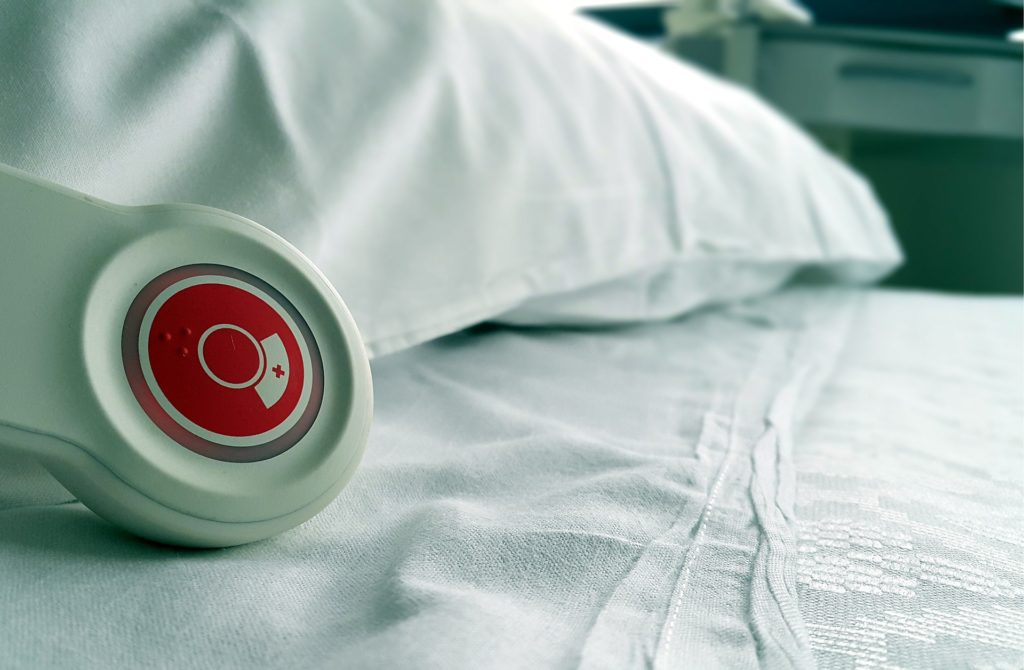Does leaving the hospital against medical advice (AMA) equal an outpatient short stay? Not necessarily.
AppriseMD reviewed one inpatient denial case involving a patient who left the hospital AMA after a two-day stay due to severe alcohol withdrawal and seizures. The AppriseMD physician reviewer was able to overturn the denial after a discussion with the insurance company showed the severity of the patient’s condition and treatments provided prior to the AMA departure.
CLINICAL SUMMARY: Alcohol Withdrawal
One day after being released from the hospital for alcoholic intoxication and suicidal ideation, a 53-year-old male arrived in the Emergency Department with alcohol withdrawal with seizures and hyponatremia. The patient had a history of alcohol abuse and multiple admissions for withdrawal, diabetes along with a left foot cellulitis diabetic wound, hypertension, anxiety and depression. The patient was transported to the hospital after a four-minute seizure during which he fell and bit his tongue. He confirmed that he had not been taking his seizure medication and reported drinking heavily – 2-3 cases of beer per day. The patient’s Clinical Institute Withdrawal Assessment (CIWA) score was determined to be 16.
The patient continued treatment on the second day in the hospital with continued Haldol as well as fall precautions, seizure precautions and telemetry monitoring. The patient left the hospital on day 3 against medical advice.
 DENIED INPATIENT STAY
DENIED INPATIENT STAY
The inpatient stay was surprisingly denied by the insurance company because hospital records showed that the patient presented with “whole body shaking” but did not show continued bleeding, bad liver problems, low blood pressure, problems with blood clotting, any need for urgent surgery or kidney or heart problems. The insurance company stated that based on the records presented and using national guidelines, the admission was an observation stay.
 PEER-TO-PEER DISCUSSION
PEER-TO-PEER DISCUSSION
A peer-to-peer discussion was completed between AppriseMD and an insurance company physician 10 days after the hospital stay. The insurance company doctor reversed the denial and approved the inpatient stay agreeing, upon further discussion, that the patient was admitted for ETOH withdrawal and hyponatremia. The patient also experienced problems when sodium levels corrected too quickly. The inpatient stay was needed for DDAVP treatment to slow down the correction. Given the patient’s continued elevated CIWA, inpatient care was approved despite the fact that the patient left AMA.
OUTCOME: DENIAL OVERTURNED

